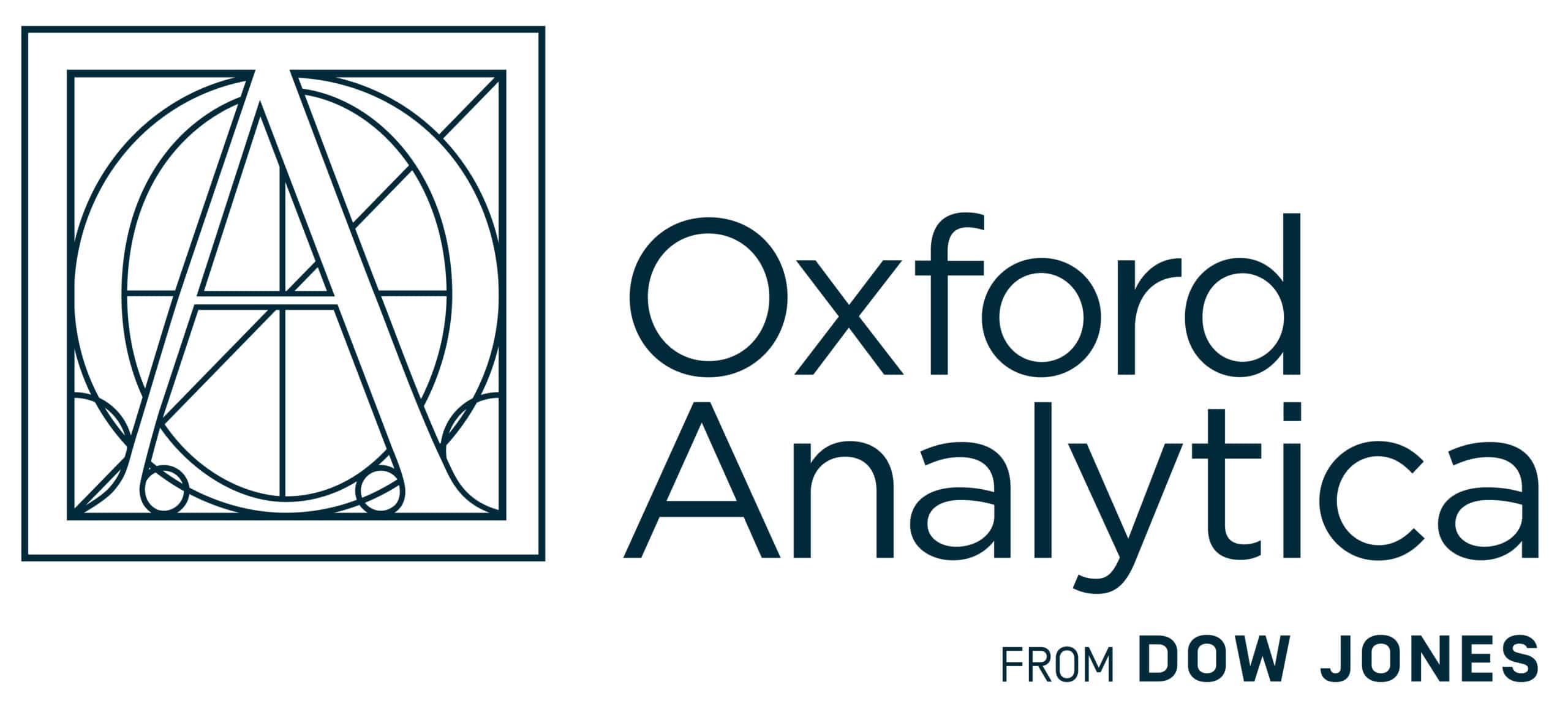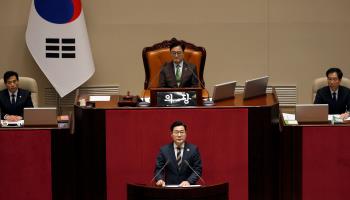Lawmakers have passed a motion to impeach the president, following his short-lived declaration of martial law
The National Assembly last week narrowly voted to impeach President Yoon Suk-yeol over his short-lived martial law declaration on December 3. However, that decision will need to be upheld by the Constitutional Court (CC). Yoon appears uncooperative amid several concurrent probes into the incident and several senior military figures have been ensnared. While the opposition has pushed through the 2025 budget, electoral fraud allegations and litigation have deepened uncertainty around future prospects.
What next
Subsidiary Impacts
- Whether and how three vacancies among nine CC justices can legally be filled will be one of many contentious variables in play.
- Yoon’s steadfast defiance against insurrection allegations threatens to exacerbate political polarisation, rather than restoring stability.
- Yoon will continue trying to delegitimise the DPK, including by claiming fraud in April’s assembly elections.
- Although the DPK are strong favourites in any presidential contest, a split in either the left or right vote could throw the race wide open.
- Political uncertainties will continue well into 2025, inevitably impacting policy and the wider economy.
Analysis
After a chaotic week when it was unclear who held power in Seoul, Yoon’s impeachment has restored democratic processes:
- Yoon is now suspended, with the CC’s first hearing set for December 27.
- Prime Minister Han Duck-soo is acting president while the CC deliberates, for up to 180 days.
- Besides the impeachment process, prosecutors and other agencies have launched wider investigations.
- Several persons allegedly involved in Yoon’s self-coup have been arrested, including the former defence minister, who has attempted suicide.
Yoon’s party is in disarray: its entire leadership has resigned.
Although social order is unaffected and normal everyday life continues, these are uncharted waters.
Two earlier impeachments (only one of which succeeded) arose out of very different situations, and hence offer little guidance now.
Yoon gone, for now
Yoon’s refusal to step aside, as supposedly agreed (unconstitutionally) with Han Dong-hoon — his erstwhile protege turned foe, head of the ruling conservative People Power Party (PPP) — persuaded just enough PPP lawmakers (including Han) to back a second motion to impeach him. The PPP had boycotted the first attempt, rendering it inquorate (see SOUTH KOREA: Political crisis will damage credibility – December 10, 2024).
However, the vote was close: 204 to 85, with three abstentions and eight invalid ballots. Only twelve PPP lawmakers supported the motion, seven times fewer than backed Yoon. In 2016 when President Park Geun-hye was impeached, the margin was a more decisive 243 to 56.
Like its predecessor Liberty Korea Party then, the PPP is in disarray. Han resigned on December 16, after all five elected members of the PPP’s Supreme Council (who were his allies) quit. This leaves floor leader Kweon Seong-dong, a Yoon supporter, as acting head.
CC conundrums
The CC process may not be smooth:
- With three of the nine posts vacant due to party in-fighting, all six justices must endorse impeachment for it to be confirmed.
- Inter-party squabbling continues: now over whether acting President Han Duck-soo is empowered to appoint new justices, and, if so, how. There is no clear precedent on this.
- Two of the current bench are due to step down in April. For this reason and others, a verdict is likely before then.
Moreover, Yoon is being obstructive. On December 17, the CC said it had delivered the impeachment document by three means — electronically, by express mail and via a delivery person — but Yoon’s office refuses to confirm receipt. Yoon has seven days to respond in writing. That could delay the start of hearings.
Turf war risk
Besides the CC, whose remit is limited to Yoon, several further agencies each launched their own probes into the martial law plot and other persons involved. These included:
- the Supreme Prosecutors Office (SPO);
- the National Police Agency (NPA);
- the Corruption Investigation Office for High-ranking Officials (CIO); and
- the Ministry of National Defence (MND).
The National Assembly voted to launch its own probe, unless that bill is vetoed by Han Duck-soo: another area where his powers are unclear. The DPK has warned him not to.
The NPA, CIO and MND have formed a Joint Investigation Headquarters (JIH), separate from the SPO’s Special Investigation Headquarters (SIH). On December 18, the SIH passed the case to the CIO — which can investigate but not prosecute, so the SPO’s involvement will resume at that stage. Turf wars and overlap remain a risk.
High-profile arrests
Several senior military figures have been arrested for alleged insurrection or abuse of power.
Those include former Defence Minister Kim Yong-hyun, a schoolmate of Yoon who allegedly proposed martial law, and Army Chief of Staff General Park An-su, designated as chief commander during martial law, among others.
Meanwhile, Yoon remains defiant. Aside from refusing to receive summonses and other documents, on December 18 he defied a summons from the CIO to appear before the JIH.
His high-powered defence team has already rejected the charge of insurrection.
Budget passed
On December 10, the DPK unilaterally passed 2025’s amended budget, without the agreement of the ruling party or government. That is unprecedented.
Politically driven amendments slashed KRW4.3tn (USD3bn) from the original plan, including funding for the president’s office and other agencies. Yoon cited opposition obstructionism on the budget as one reason for declaring martial law.
On December 17, the acting president vowed to execute the budget swiftly. Front-loading most spending in the first half is meant to provide fiscal stimulus and also reassure markets. Supplementary budgets may be needed later.
Fake election fraud
During the short-lived martial law declaration, besides surrounding the National Assembly, troops were sent to the National Election Commission, seemingly to find proof that April’s parliamentary elections — when the DPK increased its already large majority — involved fraud (see SOUTH KOREA: Opposition win portends policy gridlock – April 12, 2024).
Far-right Korean-American groups alleged fraud at the time, but the defeated PPP notably did not. Although there is no evidence of fraud, if this fake narrative gains credence and becomes mainstream, it risks further polarising South Korean politics.
Out of contention
Meanwhile, the Supreme Court on December 12 upheld the conviction of Cho Kuk, leader of the small left-leaning Rebuilding Korea Party, for alleged bribery and academic fraud. Cho’s two-year jail sentence means he cannot run for the presidency in any post-Yoon election.
His rival, DPK leader Lee Jae-myung, was recently acquitted of perjury. He is facing three further trials on various charges, while appealing a suspended sentence in yet another case (see SOUTH KOREA: Litigation adds to government pressures – December 2, 2024).
Lee is the clear front-runner for next president in all polls. A conviction would rule him out of contention too, leaving the liberal camp with no obvious standard-bearer. Nonetheless, in the current climate the DPK looks set to defeat the PPP, regardless of who the candidates are.



